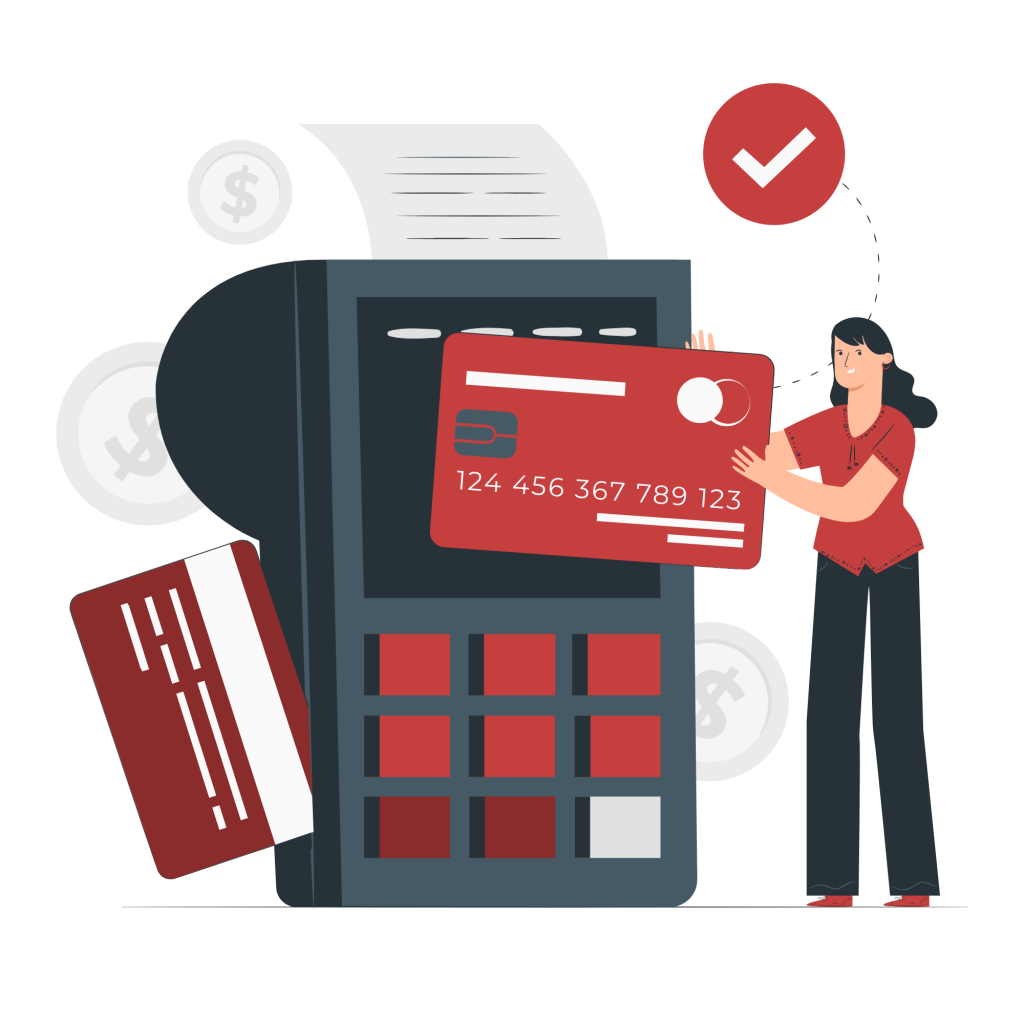Do you use apps like PayPal, Venmo, or Square to accept freelance business payments? If so, you’ll need to pay close attention to the new tax reporting changes affecting these platforms that go into effect this month, especially if you do a significant amount of business through them.
In an effort to reduce the amount of unreported, taxable income from these payment platforms, the IRS is now requiring digital payment app businesses to report, on a Form 1099-K, each of their user’s business transactions (defined as a payment for a good or service). Given that the threshold for reporting was previously 200 transactions per year with a combined total of gross payments of at least $20,000, this may have serious consequences for freelancers who have not reported this income either inadvertently or by conscious choice during past tax years.
To this last point, the new reporting requirements are not changing the basic tax responsibilities of every freelancer to claim all of the taxable income they receive from clients and other sources, including tips, on their tax returns regardless of whether the payer has sent the information to the IRS.
In addition, this change does not affect personal, non-business transactions. For example, if you receive payment for a meal you shared with friends via Venmo, you do not need to report that payment.
Transparency into payment platform transactions means freelancers should be proactive in reporting their related income. The top takeaway here is that the IRS is going to have a much clearer picture of the flow of payments that freelancers and other businesses are receiving from these platforms. This means that if you haven’t been reporting all of the income you receive through these apps you need to start now.
If you use payment apps for non-business transactions and you receive a 1099 from one of these platforms, be prepared to clarify your activities with the IRS. In addition, there may be a chance that some of your activity is reported twice or inaccurately since all of these reporting requirements are new. Check carefully the 1099s you get from payment apps you use and those you receive from clients who are using them to pay you. This is another situation where you may need to explain to the IRS that the two 1099s are for the same transaction.
For now, the most important thing for freelancers who are using these apps to conduct business is to keep meticulous records of all transactions. It is up to the app providers to implement the rule change using the means they deem effective. Be on the lookout for any notices you receive from the platforms you use in case you need to provide tax information beyond what you may have done when you initially set up your account.


